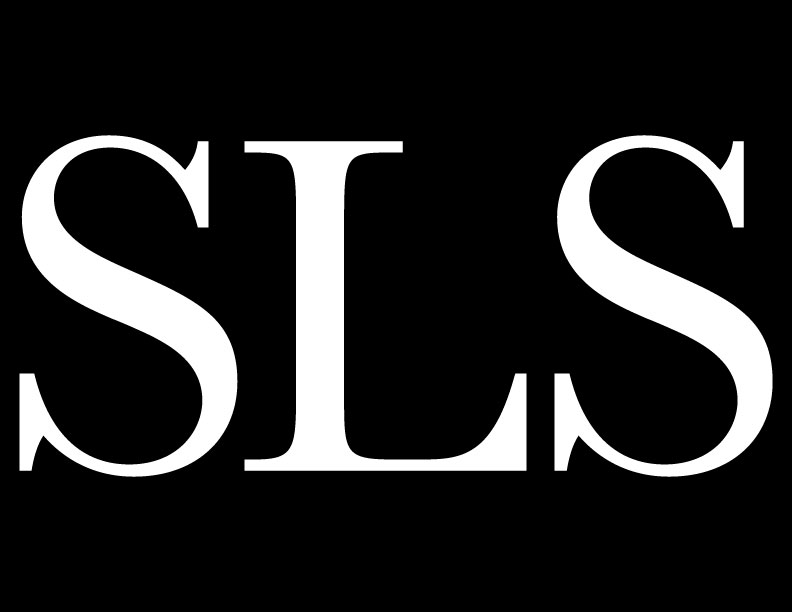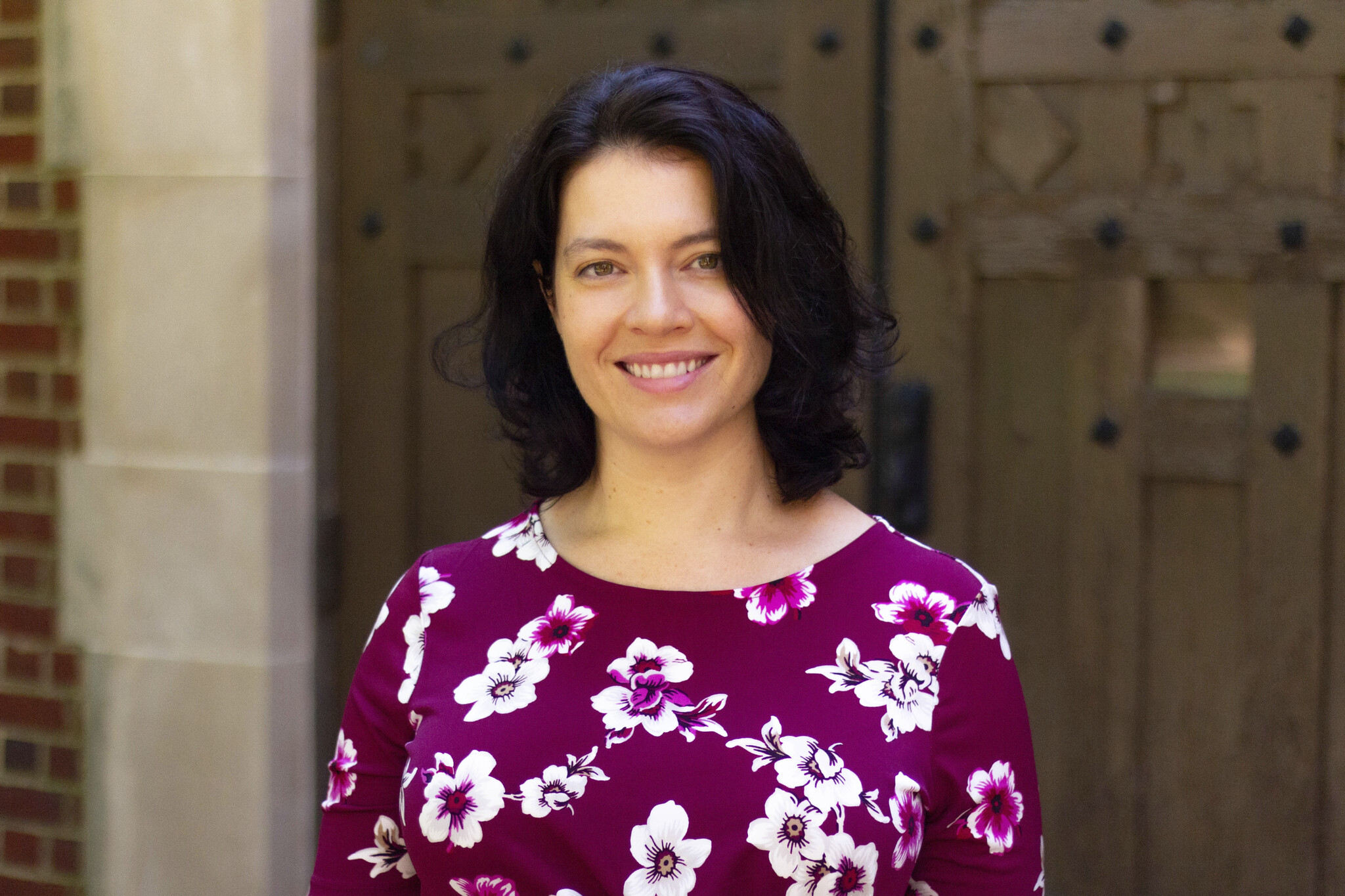 2020 Stanford | Harvard | Yale Junior Faculty Forum
2020 Stanford | Harvard | Yale Junior Faculty Forum
 Rebecca Crootof
Rebecca Crootof
Rebecca Crootof is an Assistant Professor of Law at the University of Richmond School of Law. Her primary areas of research include technology law, international law, and torts; her written work explores questions stemming from the iterative relationship between law and technology, often in light of social changes sparked by increasingly autonomous systems, artificial intelligence, cyberoperations, robotics, and the Internet of Things. She is interested in the ways both domestic and international legal regimes respond to and shape technological development, particularly in the armed conflict context.
Dr. Crootof earned a B.A. cum laude in English with a minor in Mathematics at Pomona College; a J.D. at Yale Law School; and a PhD at Yale Law School, where she graduated as a member of the first class of PhDs in law awarded in the United States. Her dissertation, Keeping Pace: New Technology and the Evolution of International Law, discusses how technology fosters change in the international legal order, both by creating a need for new regulations and by altering how sources of international governance develop and interact.
Dr. Crootof served as a law clerk for the late Judge Mark R. Kravitz of the U.S. District Court for the District of Connecticut and for Judge John M. Walker, Jr. of the U.S. Court of Appeals for the Second Circuit. She is an affiliated fellow of the Information Society Project at Yale Law School; she consults for the Institute for Defense Analyses; she is on the Editorial Board of the Journal of National Security Law and Policy and is an Associate Editor on AI and the Law for the Journal of Artificial Intelligence Research; and she is a member of the New York Bar, the Board of Directors of the Equal Rights Center, the Center for New American Security’s Task Force on Artificial Intelligence and National Security, and the Permanent Mission of the Principality of Liechtenstein to the United Nations’ Council of Advisers on the Application of the Rome Statute to Cyberwarfare.
She enjoys skiing, hiking, and reading science fiction “for work.”